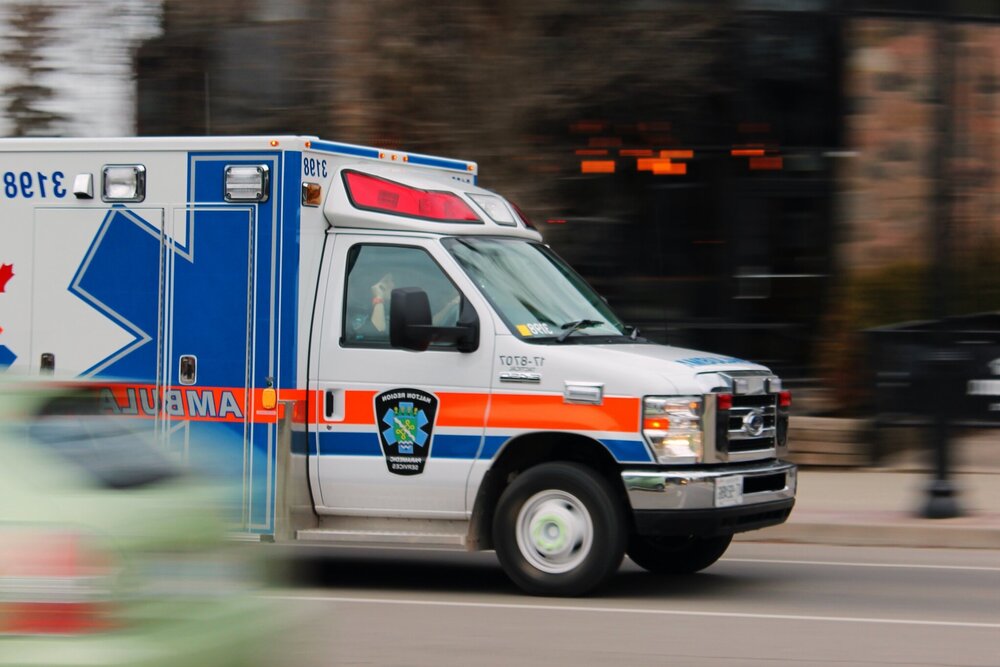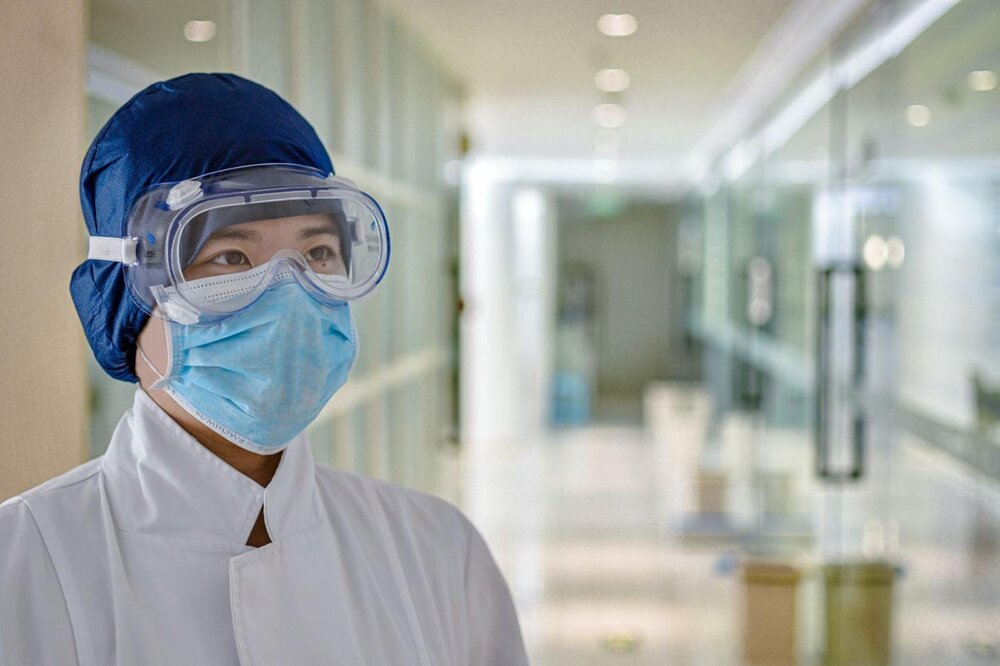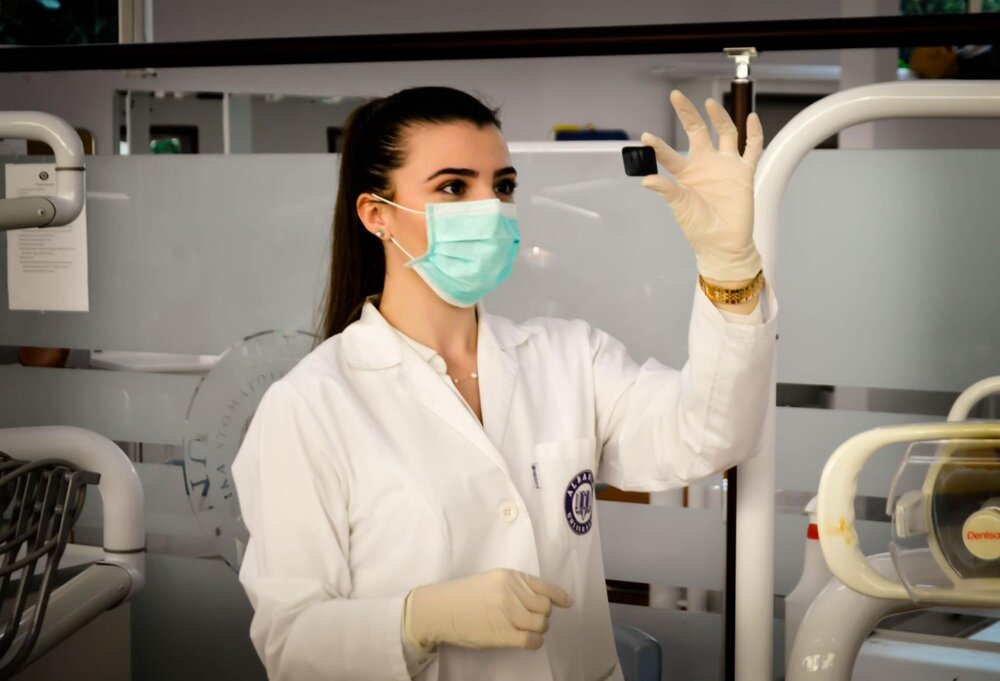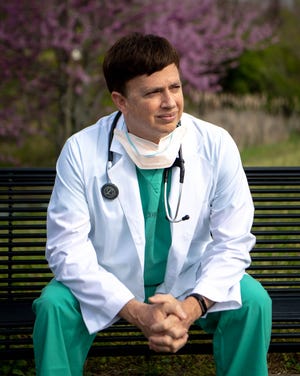More than 9,000 health care workers across the U.S. contracted COVID-19 as of last week and at least 27 died, according to a report released Tuesday by the Centers for Disease Control and Prevention.
Of the 9,282 health care personnel confirmed between Feb.12 and April 9 with the disease caused by the new coronavirus, more than half, 55%, reported only having contact with COVID-19 patients within the health care setting. About 73% of the workers who provided personal information were women, and the median age of those infected was 42 years old.
Ninety percent of the infected health care patients were not hospitalized. Of the 8% to 10% who were, up to 5% were admitted to intensive care. Among the 27 who died, 10 were 65 years old or older.
The CDC conceded the report’s findings underestimate the number of cases among health care workers because of uneven reporting across the country. While in some states only 3% of COVID-19 patients were health care personnel, the number was closer to 11% in those with more complete reporting.
Dr. Robert Glatter, an emergency physician at Lenox Hill Hospital in New York City, added that health care worker information was only available for 16% of the reported cases. And health care providers who were asymptomatic or had mild symptoms were less likely to tested, or even reported.
“That said, the study still offers important takeaway lessons,” he said.
The CDC report adds to mounting concern for the health and safety of hospital staff, working on the front line of the pandemic, in some cases without the needed protective equipment.
“It is critical to make every effort to ensure the health and safety of this essential national workforce of approximately 18 million (health care personnel), both at work and in the community,” the report concluded. “Improving surveillance through routine reporting of occupation and industry not only benefits HCP, but all workers during the COVID-19 pandemic.”
The report comes a day after the U.S. Department of Health and Human Services Office of Inspector General reported hospitals were facing equipment shortages for N95 respirator masks, surgical masks, face shields, gowns and gloves. Shortages were so severe that some hospitals were experimenting with-medical-grade gear such as construction respirators, cloth masks and handmade gowns, the inspector general reported.
Nurse Maria Gray was terminated from her job at the Research Medical Center in Kansas City, Missouri, after she refused to work a floor full of suspected COVID-19 patients without an N95 respiratory mask.
‘Afraid and overwhelmed’:A look inside one hospital on the front lines of the coronavirus pandemic
Essential workers at risk:COVID-19 claims lives of 30 grocery store workers, thousands more may have it, union says
“They are putting my life at risk. They are putting other nurses’ lives at risk. They are putting patients at risk,” Gray said.
The American Hospital Association said hospitals are conserving supplies, using scarce equipment only when necessary and grouping patients with similar conditions to preserve supplies.
The hospital group also has urged the federal government to quickly increase supplies, joining the American Medical Association and American Nurses Association in a plea for the White House to use the Defense Production Act to bolster supplies.
“We know the current supplies of personal protective equipment (PPE) are inadequate, leaving health care workers worried about protecting themselves,” said Robyn Begley, American Hospital Association senior vice president and chief nursing officer. “Increased availability of rapid testing and PPE are both necessary for our health care workers and patients.”
“Taking the extra time to make sure proper PPE is worn can be a matter of life and death. It’s as simple as that,” Glatter said.



